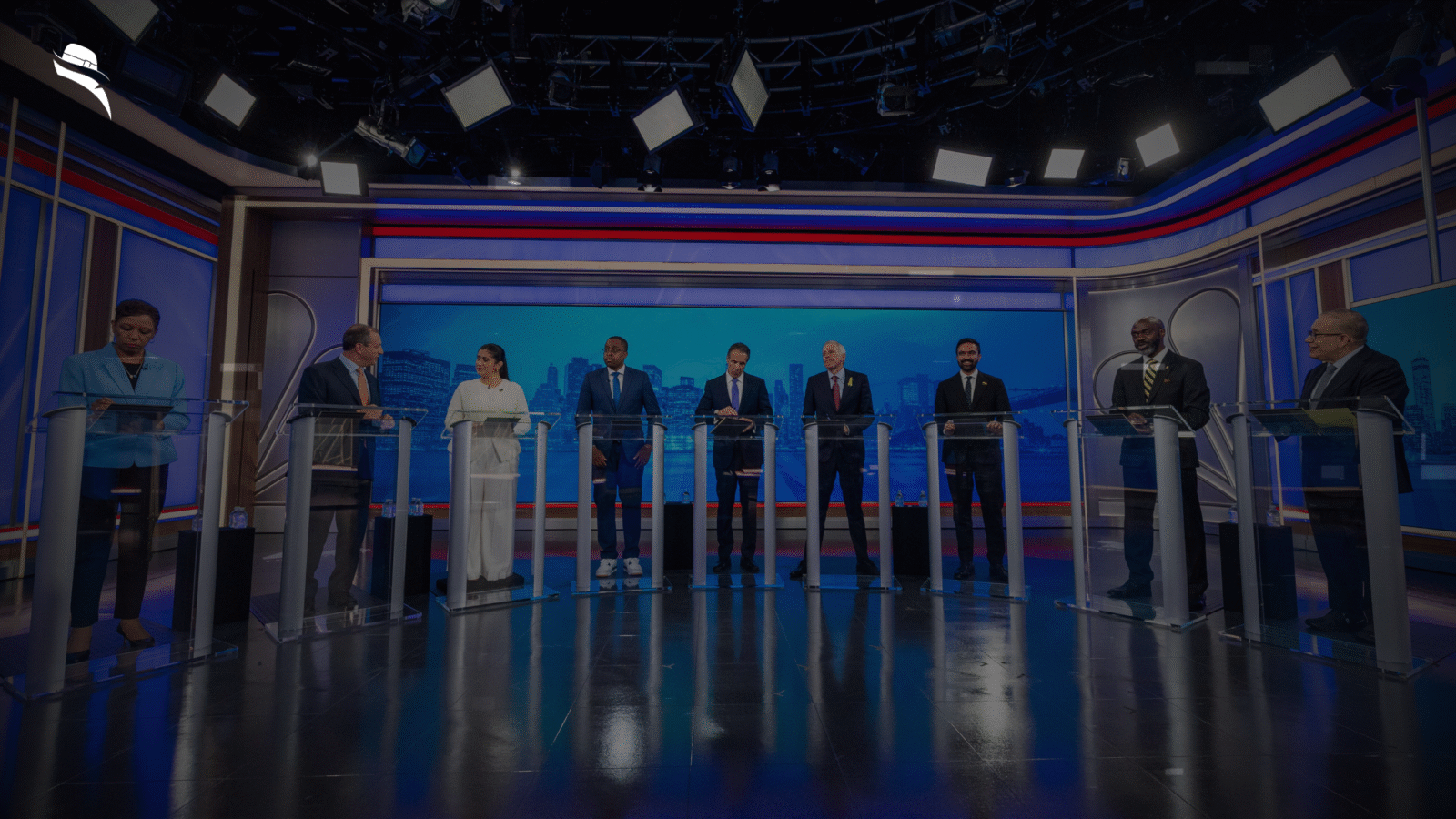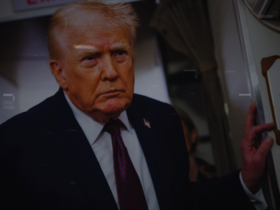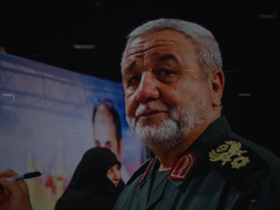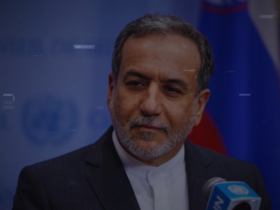|
1. Zohran Mamdani Bold Move
At the first NYC mayoral primary debate on June 4, 2025, candidate Zohran Mamdani broke ranks in a way rarely seen in American city politics. When asked where his first foreign trip would be if elected mayor, Mamdani responded with clarity:
“I would not take a foreign trip. I would stay here in New York City. I would go to synagogues, subway platforms, and parks to meet Jewish New Yorkers.”
Unlike other candidates, who pledged to visit Israel — continuing a 75-year mayoral tradition — Zohran Mamdani flat-out refused. His reasoning was clear: symbolism abroad doesn’t equal solidarity at home.
2. The Israel Question Moment
The debate didn’t stop there. Zohran Mamdani was directly asked if he supports Israel as a Jewish state. His response?
“I believe Israel has a right to exist… as a state with equal rights.”
When pushed again on whether he supports it as a Jewish state, he repeated:
“A state with equal rights.”
This answer sparked immediate backlash from other candidates like Andrew Cuomo, who suggested that Mamdani’s response was a form of anti-Israel messaging — a red flag for many pro-Israel voters and interest groups.
3. Why This Matters
This wasn’t just a casual debate exchange. It was a moment that exposed how deep foreign policy expectations run in American local politics, even at the city level.
-
Breaking a Tradition: For decades, NYC mayors have visited Israel — it’s long been seen as a rite of passage and political necessity.
-
Refusing the Loyalty Test: Mamdani’s refusal acted as a challenge to what some call an implicit “loyalty test” in U.S. politics, where candidates must affirm unwavering support for Israel to avoid backlash.
-
Redefining Solidarity: Zohran Mamdani emphasized helping people in New York — including Jewish, Muslim, and other communities — rather than making symbolic gestures abroad.
4. Reactions & Risks
Zohran Mamdani’s stance was hailed by progressives, Palestinian rights advocates, and BDS supporters, who saw it as a courageous stand against an entrenched political norm. But it also drew fire:
-
Criticism from pro-Israel groups, who labeled his remarks as inflammatory or even anti-Semitic.
-
Security Threats: Mamdani reportedly received threats after the debate, and the NYPD confirmed it is investigating.
-
Media Backlash: Mainstream outlets framed the exchange as “divisive” and risky for someone hoping to win a city-wide race.
5. The Bigger Picture
This moment reveals something much deeper: foreign policy debates are no longer limited to federal elections. Even a city mayor must now navigate global geopolitical loyalties. It also exposes the blurred line between diplomacy and performative politics.
-
Should mayors prioritize local service or foreign visits?
-
Is refusing a symbolic trip to Israel a legitimate political stance, or disqualifying in U.S. politics?
Zohran Mamdani’s position has forced the public to reexamine these questions.
A Defining Moment
Zohran Mamdani didn’t stumble — he made a choice. And that choice could either cost him votes or define him as a principled, independent voice in a field of rehearsed answers. While others repeated slogans, Zohran Mamdani chose risk — and with that, reshaped the debate itself.
His stance might alienate traditional donors and centrists, but it’s energizing a base that sees performative foreign visits as outdated, and principled refusal as leadership.
Subscribe to our YouTube channel for more visual explainers.







Leave a Reply